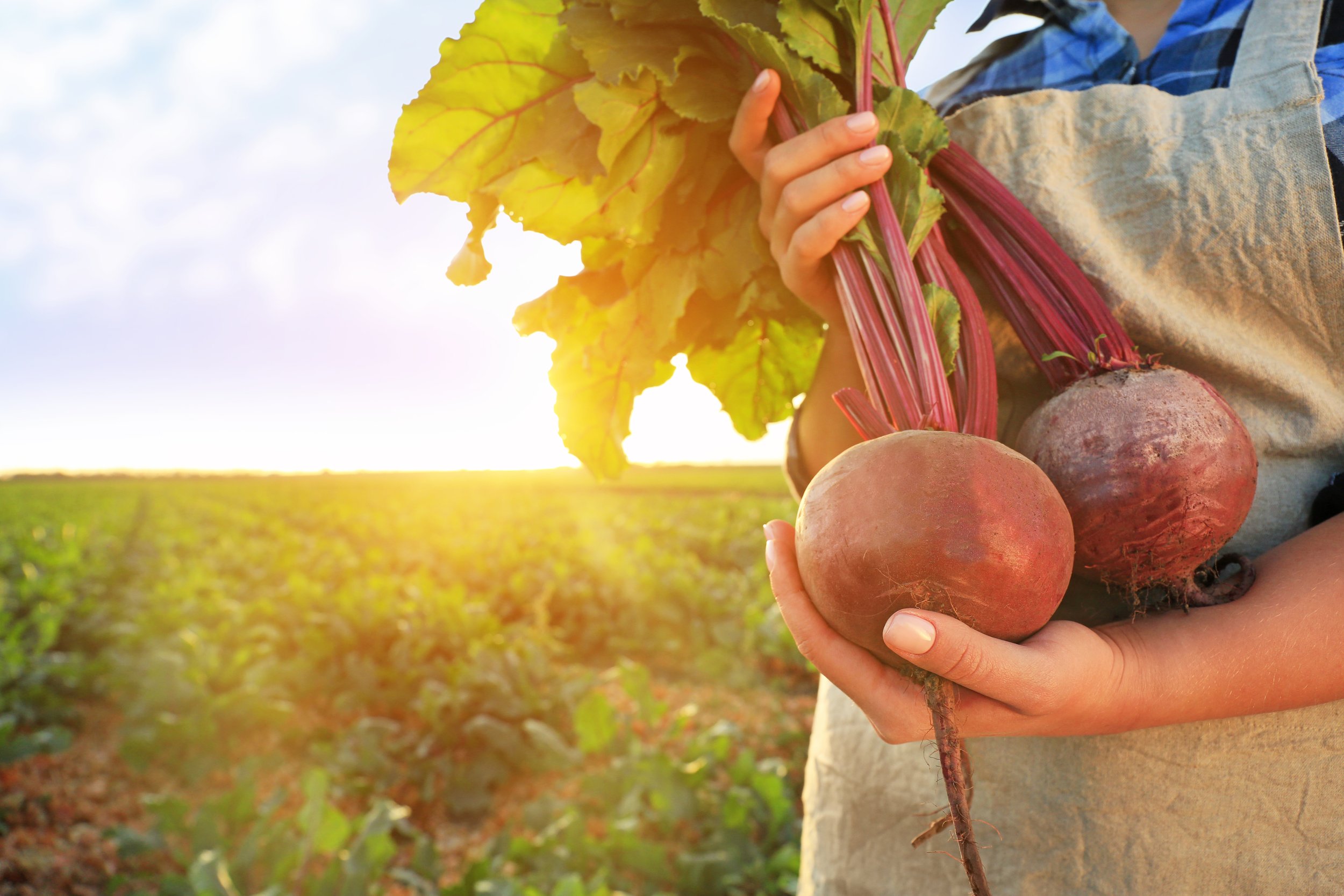
Be part of a movement championing the nutritional advantages of regenerative agriculture.
Nourished Soil = More Nutritious Food = Healthier People
What is Regenerative Agriculture?
Regenerative agriculture is more than just a set of farming practices—it’s a systems-based approach that centers soil health as the key to solving interconnected challenges in food, climate, water, and community resilience.
Rooted in Indigenous knowledge and continuously informed by both holistic land management and modern science, regenerative agriculture focuses on restoring and enhancing the natural cycles of carbon, water, and nutrients. It draws from the wisdom of farmers and land stewards who have cultivated abundance for millennia, while embracing innovation and context-specific decision-making.
Unlike conventional agriculture, regenerative farming prioritizes continuous improvement. Farmers adapt their methods based on ecological feedback, soil testing, and the unique conditions of their land. This approach values diversity, inclusivity, and shared learning—welcoming farmers and ranchers at every stage of their journey.
When practiced with integrity and accountability—including through third-party verification—regenerative agriculture has the potential to grow more nutritious food, store carbon, clean water, support biodiversity, and strengthen rural economies and ecosystems.



